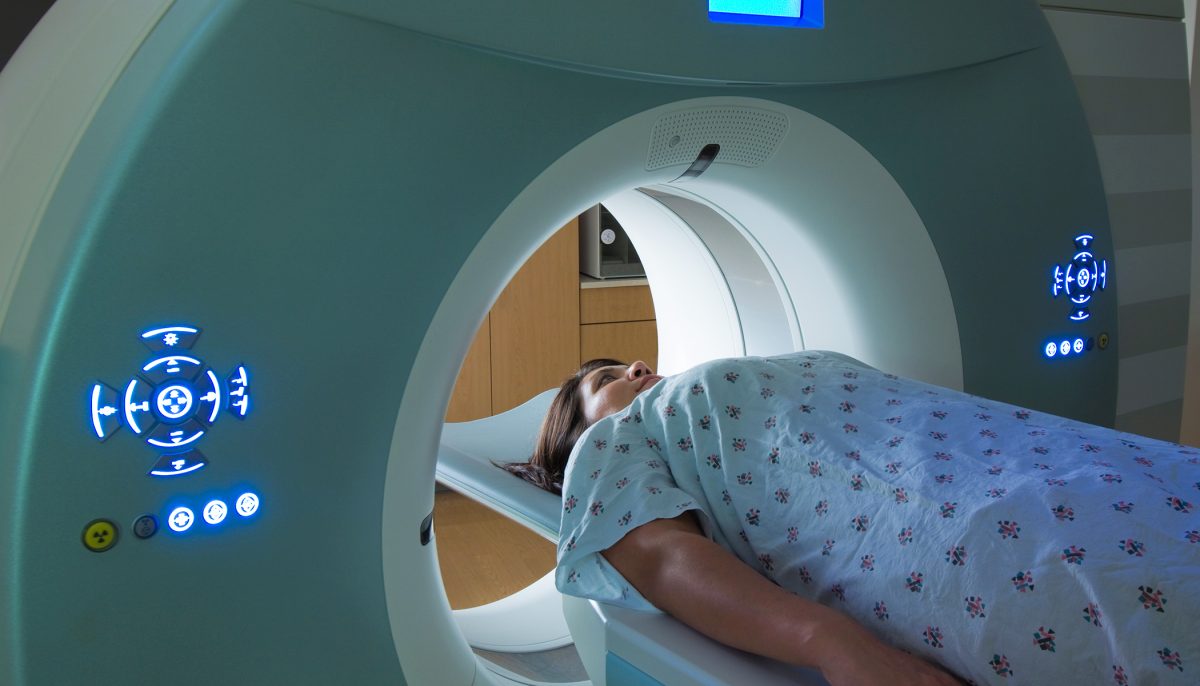
On June 29, the Food and Drug Administration (FDA) approved Phesgo, a breast cancer treatment that health professionals can administer at home.
Phesgo is a fixed-dose combination of two monoclonal antibodies and enables the treatment of early and metastatic HER2 positive breast cancer for outpatients. The two monoclonal antibodies are pertuzumab, trastuzumab, and the combination also includes hyaluronidase, a substance that is injected into the patient to increase absorption of the drug. Treatment approval was granted to Genentech Inc.
The FDA said that HER2-positive breast cancer accounts for about a fifth of breast cancer cases and occurs due to an excess of a protein called epidermal growth factor receptor 2 (HER2) that promotes the growth of cancer cells. .
“Pertuzumab and trastuzumab bind to sites on HER2 and interrupt signaling to stop the growth of cancer cells,” the FDA said in a statement. “Phesgo is initially used in combination with chemotherapy and may continue to be administered at home by a qualified healthcare professional after the chemotherapy regimen ends.”
Dr. Richard Pazdur, director of the FDA Center for Cancer Excellence and acting director of the Office of Cancer Diseases at the FDA Center for Drug Evaluation and Research, said that most patients are currently receiving pertuzumab and trastuzumab at infusion centers.
“With a new route of administration, Phesgo offers an outpatient option for patients to receive trastuzumab and pertuzumab,” Pazdur said in a statement adding that health authorities maintain a strong focus on cancer patients, as they are also vulnerable. the CCP virus, also called the new coronavirus.

“At this critical moment, we continue to accelerate the development of oncology products. This request was approved about four months before the FDA target date, “he said.
FDA officials said the administration’s approval for Phesgo came after a non-inferiority study in patients with HER2-positive early breast cancer. Non-inferiority trials test whether a new experimental treatment is less effective than an existing one.
The treatment has some side effects: hair loss, nausea, diarrhea, anemia and lack of energy. “Phesgo may cause chemotherapy-induced neutropenia to worsen (low white blood cell count),” the FDA said.
Officials warned pregnant women that Phesgo can harm a developing fetus or a newborn baby. “The FDA advises health professionals to inform women of reproductive age that exposure to Phesgo during pregnancy or within 7 months prior to conception can cause fetal harm,” the FDA said.
Officials also advised that patients with anaphylaxis or severe allergic reaction or severe hypersensitivity should discontinue Phesgo.
.